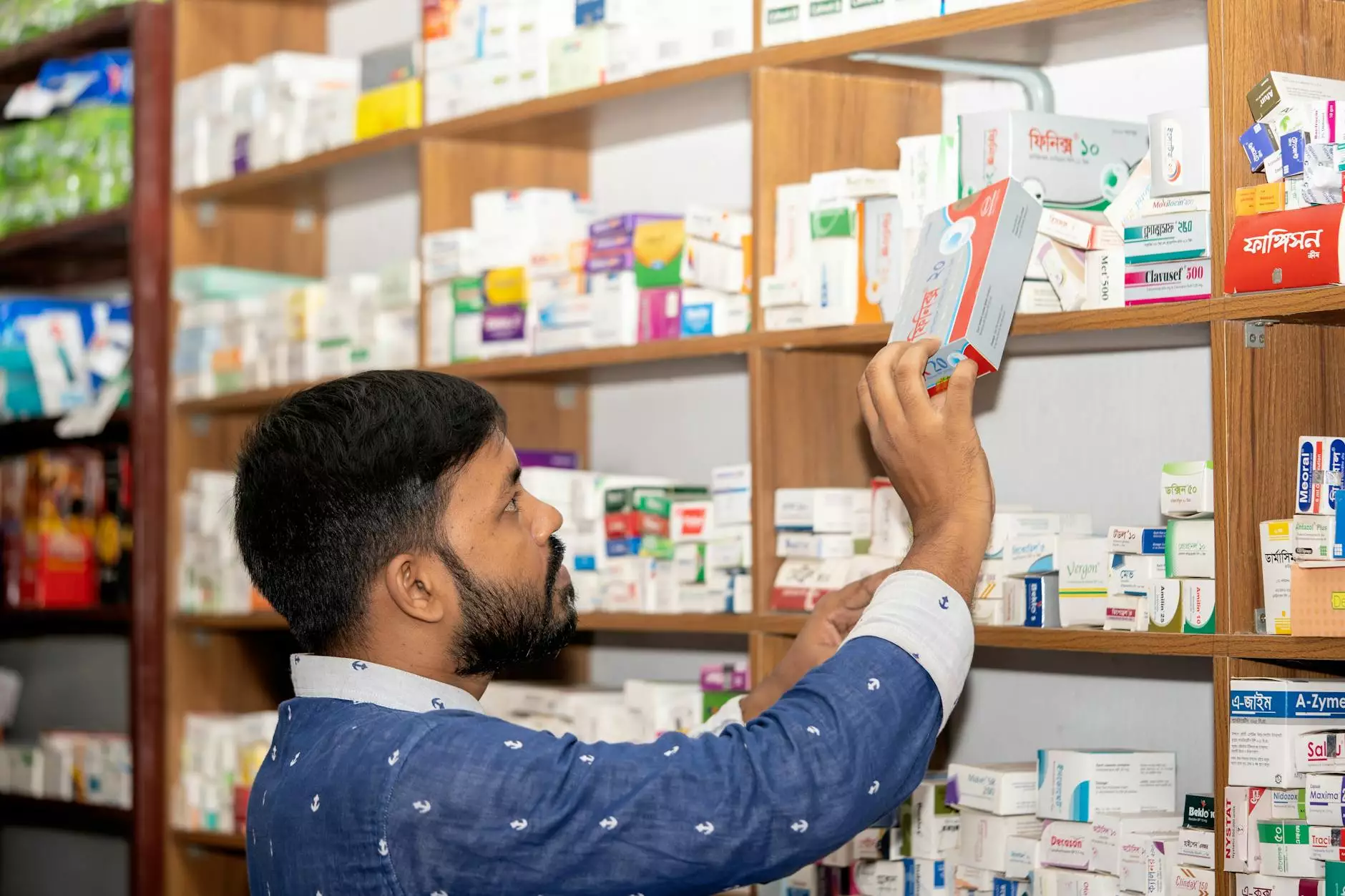Understanding the Role of Cancer Specialist Doctors in Comprehensive Care

Cancer specialist doctors, often referred to as oncologists, are highly trained medical professionals who focus on the diagnosis, treatment, and management of cancer. Their expertise is essential in guiding patients through one of the most challenging journeys of their lives. In this comprehensive article, we will explore the multifaceted roles of cancer specialists, the types of oncologists, treatment modalities they employ, and the importance of a multidisciplinary approach in cancer care.
The Importance of Cancer Specialist Doctors
When diagnosed with cancer, patients experience a whirlwind of emotions and uncertainties. This is where cancer specialist doctors play a pivotal role. They serve as the cornerstone of the cancer care team, providing not only medical treatment but also emotional support, guidance, and education. Here are several reasons why their role is so crucial:
- Expert Diagnosis: Oncologists are skilled at interpreting imaging studies and laboratory results to accurately diagnose various types of cancers.
- Personalized Treatment Plans: Each cancer case is unique. Cancer specialists tailor treatment plans based on individual patient needs, cancer types, staging, and genetic factors.
- Multidisciplinary Collaboration: They work closely with a team that includes surgeons, radiologists, pathologists, and supportive care providers to ensure comprehensive treatment.
- Research and Clinical Trials: Many cancer specialist doctors are involved in research, providing patients access to cutting-edge therapies and clinical trials.
- Support and Education: They educate patients about the nature of their disease, treatment options, potential side effects, and lifestyle changes, empowering them to make informed decisions.
Types of Cancer Specialist Doctors
The field of oncology encompasses various specialties, each focusing on different aspects of cancer care. Here are the primary types of cancer specialist doctors:
1. Medical Oncologists
Medical oncologists are the primary care physicians for cancer patients. They primarily administer chemotherapy, targeted therapies, immunotherapy, and hormone therapies. Their focus is on treating the cancer systemically and managing side effects associated with these treatments.
2. Surgical Oncologists
Surgical oncologists specialize in the surgical management of cancer. They perform biopsies to diagnose cancer, remove tumors, and often use surgery as part of a treatment plan that may include chemotherapy or radiation therapy.
3. Radiation Oncologists
Radiation oncologists focus on using radiation therapy to treat cancer. They determine the appropriate type and dosage of radiation to maximize cancer cell destruction while minimizing damage to surrounding healthy tissues.
4. Pediatric Oncologists
These specialized doctors focus on diagnosing and treating cancer in children. They understand the unique challenges and treatment responses associated with pediatric cancers.
5. Gynecologic Oncologists
Gynecologic oncologists focus on cancers of the female reproductive system, including ovarian, uterine, and cervical cancers. They are skilled in both surgical and medical oncology.
The Cancer Treatment Landscape
The treatment of cancer is complex and multifaceted. Here are the major treatment modalities employed by cancer specialist doctors:
Chemotherapy
Chemotherapy involves the use of drugs to kill cancer cells or stop them from dividing. Oncologists choose specific chemotherapy regimens based on the cancer type, stage, and patient's health. This treatment can have significant side effects, which the oncologist manages carefully.
Radiation Therapy
Radiation therapy uses high-energy particles or waves, such as X-rays or proton beams, to target and kill cancer cells. It is often used in conjunction with other therapies and requires precise planning from radiation oncologists.
Surgery
Surgical intervention is frequently used to remove tumors or surrounding tissues affected by cancer. Surgical oncologists are responsible for performing these procedures, ensuring that they are safe and effective.
Immunotherapy
Immunotherapy leverages the body's immune system to fight cancer. This innovative approach is becoming increasingly popular due to its ability to specifically target cancer cells while sparing healthy ones. Medical oncologists actively research and implement newer immunotherapy treatments into practice.
Targeted Therapy
Targeted therapy drugs attack specific targets on cancer cells and work differently than traditional chemotherapy. Oncologists select these therapies based on genetic testing of the tumor to provide the most effective treatment.
Multidisciplinary Team Approach
The complexity of cancer care necessitates a collaborative approach. Cancer specialist doctors often work alongside various healthcare professionals to develop a holistic treatment plan. This team may include:
- Oncology Nurses: They play a pivotal role in patient education, treatment administration, and side effect management.
- Radiation Therapists: These professionals are crucial in delivering radiation treatments and ensuring precision.
- Pathologists: They help confirm cancer diagnoses and provide information about tumor characteristics to guide treatment decisions.
- Social Workers: Social workers provide emotional support, counseling, and assistance with practical matters such as financial concerns or transport to appointments.
- Nutritionists: They help manage the dietary needs of cancer patients, especially those undergoing treatments that affect appetite or digestion.
Supportive Care and Quality of Life
Cancer treatment can be physically and emotionally taxing. Therefore, the role of cancer specialist doctors extends beyond direct medical care. They advocate for supportive care measures that enhance the quality of life for patients. This includes:
- Pain Management: Ensuring patients are comfortable during and after treatment.
- Emotional Support: Addressing the psychological aspects of cancer care, including managing anxiety and depression.
- Rehabilitation Services: Providing physical and occupational therapy to help patients regain strength and functionality.
- Patient Education: Teaching patients and families about managing symptoms and side effects effectively.
Conclusion
The role of cancer specialist doctors is integral to the journey of every cancer patient. Their expertise, compassion, and commitment to personalized care form the backbone of successful cancer treatment. As the landscape of oncology continues to evolve with advances in technology and research, the importance of these specialists in guiding patients through the complexities of cancer cannot be overstated. For anyone facing a cancer diagnosis, finding experienced, empathetic, and knowledgeable oncologists is crucial to achieving the best possible health outcomes.
At oncologicalsurgery.net, we are dedicated to providing patients with access to top-tier cancer specialist doctors and comprehensive cancer care solutions. Your health is our priority, and we are here to support you every step of the way.









